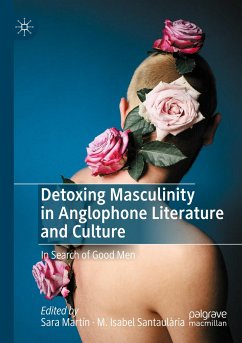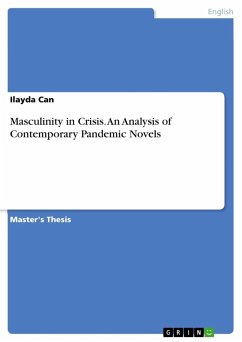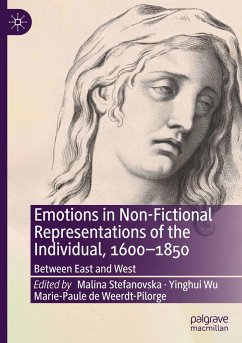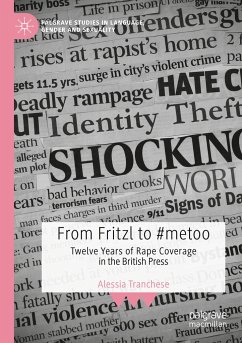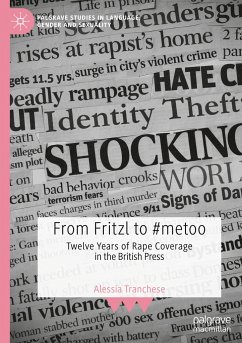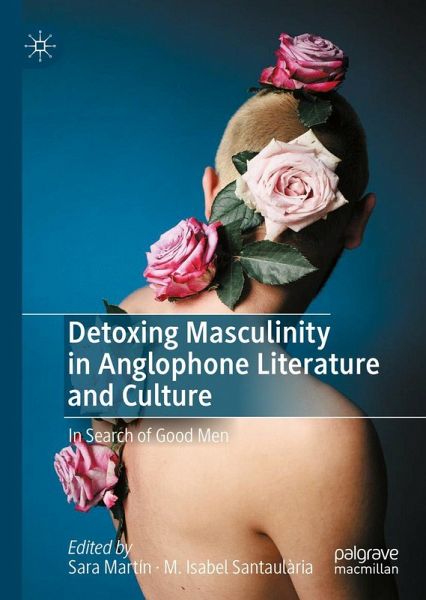
Detoxing Masculinity in Anglophone Literature and Culture
In Search of Good Men
Herausgegeben: Martín, Sara; Santaulària, M. Isabel

PAYBACK Punkte
53 °P sammeln!
This edited volume rethinks Masculinity Studies by breaking away from the notion of the perpetual crisis of masculinity. It argues that not enough has been done to distinguish patriarchy from masculinity and proposes to detox masculinity by offering a collection of positive representations of men in fictional and non-fictional texts. The editors show how ideas of hegemonic and toxic masculinity have been too fixed on the exploration of dominance and subservience, and too little on the men (and the male characters in fiction) who behave following other ethical, personal and socially accepted pa...
This edited volume rethinks Masculinity Studies by breaking away from the notion of the perpetual crisis of masculinity. It argues that not enough has been done to distinguish patriarchy from masculinity and proposes to detox masculinity by offering a collection of positive representations of men in fictional and non-fictional texts. The editors show how ideas of hegemonic and toxic masculinity have been too fixed on the exploration of dominance and subservience, and too little on the men (and the male characters in fiction) who behave following other ethical, personal and socially accepted patterns. Bringing together research from different periods and genres, this collection provides broad, multidisciplinary insights into alternative representations of masculinity.





